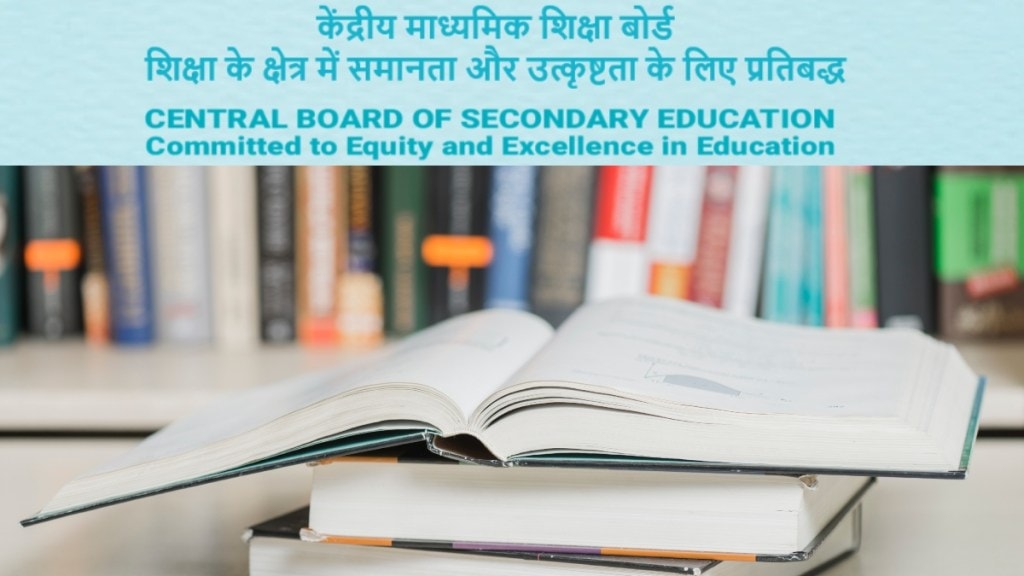The Central Board of Secondary Education (CBSE) has decided to introduce open-book assessments for Class 9 students starting from the 2026-27 academic year. This decision comes after a study showed that many teachers supported the idea, according to a report by The Indian Express.
The proposal was approved in June by the CBSE’s Governing Body, which is the highest decision-making authority in the board. The plan is to include open-book tests in three written assessments each term for subjects such as languages, mathematics, science and social science.
What are open-book assessments?
As explained in the National Curriculum Framework for School Education (NCFSE) 2023, an open-book test allows students to use textbooks, class notes, or library books while answering questions. Instead of testing memory, these exams check if students can use information, understand concepts, and apply them in real-life situations.
This step aligns with the National Education Policy (NEP) 2020, which calls for a move away from rote memorisation. The focus is on competency-based learning, where understanding and application matter more than just recalling facts.
Pilot study findings
The pilot study, approved in December 2023, tested Classes 9 to 12. It looked at factors like the time students took to finish and what teachers and students thought of the system. Student scores in the study ranged between 12% and 47%, showing many found it hard to use the resources effectively and connect ideas from different subjects.
Despite these low scores, teachers felt open-book assessments could encourage critical thinking. They said students would need proper guidance to know how to use reference materials and apply their learning in context. The pilot study was based on topics already in the syllabus and did not require extra reading.
Next steps by CBSE
The CBSE will now create standardised sample papers to ensure quality questions that test critical thinking. It will also prepare a framework for schools that want to introduce open-book tests in internal Class 9 exams. The move is not expected to be compulsory, but schools will be encouraged to adopt it if they have the capacity.
According to the minutes of the meeting, the main goal is to reduce exam stress, make learning more practical and move away from memorisation. Open-book exams are meant to test understanding, problem-solving, and analytical skills, the report mentioned.
Not the first attempt
CBSE has tried something similar before. In 2014, it introduced the Open Text Based Assessment (OTBA) for Class 9 in Hindi, English, Mathematics, Science and Social Science, and for Class 11 in Economics, Biology and Geography. Students received the study material four months in advance.
However, the system was discontinued by the board in 2017-18 saying that it did not significantly improve students’ “critical abilities”.
